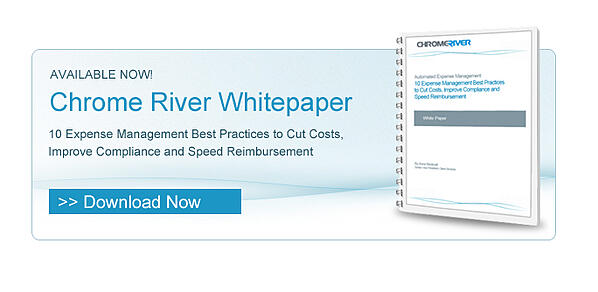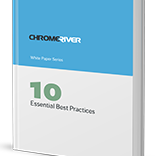 End-of-year expense reports are extremely important for any business. Using the information on your report, you can complete your tax return, analyze your profits, and plan for the following year. However, too many business owners wait until the last minute to start compiling information for this essential document. Below are 10 tips you can use to get a head start and ensure that you don't miss anything important.
End-of-year expense reports are extremely important for any business. Using the information on your report, you can complete your tax return, analyze your profits, and plan for the following year. However, too many business owners wait until the last minute to start compiling information for this essential document. Below are 10 tips you can use to get a head start and ensure that you don't miss anything important.
1. Keep Impeccable Records.
The more expenses you can include on your reports in a year, the lower your income tax obligation will be. To maximize your write-offs, begin keeping records of expenses from January 1st. Using expense reporting software can help simplify this process.
2. Justify Expenses in Writing.
Chances are, once tax time comes, you won't remember who you bought that martini for at a business conference held in March. To cut down on the confusion, make a note of your companions for dinner or drinks on the back of each receipt, as well as the topics discussed.
3. Keep Business and Personal Expenses Separate.
One of the best ways to track what you spend is by dedicating certain credit cards and bank accounts to your business. Resist the urge to use these accounts for anything but business expenses. At the year's end, you will have a record of every dime you spent to compare with the receipts you have kept.
4. Keep a Mileage Log.
Mileage logs are among the most frequently requested documents during audits. Keep a comprehensive log of business miles for all drivers throughout the year.
5. Back Up Your Files.
If any of your documentation is stored electronically, make sure you have at least two copies of everything, stored in two different places. Nothing is worse than a computer crash that wipes out all of your records.
6. Don't Neglect Proper Income Documentation.
Keeping proper records of your expenses is essential, but documenting incoming funds is just as important. The IRS may question your deductions if you don't have paperwork to back up all of your income.
7. Balance Checking Accounts Regularly.
Don't wait until the end of the year to make sure your checking account and recorded expenses match. Balance your account every time you receive a statement.
8. Keep Accurate Compensation Records.
Keep copies of 1099s, taxes you withhold, and payments you make to each employee. Make sure you have at least two copies of the records.
9. Summarize Cash Receipts Daily and Monthly.
Keeping an ongoing summary of cash receipts will help you catch errors as quickly as possible. Keep track of these summaries using expense reporting software.
10. Make Sure All Records Are Descriptive.
When you create bookkeeping entries, make sure that you describe the nature of each expense. Doing so will allow you to resolve any discrepancies quickly. Comprehensive descriptions can also help you back up your expenses in the event of an audit. Fortunately, most expense reporting software allows you to include a description with each entry.
Subscribe
Latest Posts
Posts by Category
I just love the Chrome River application. I could probably sell it! Finance Administrative Coordinator Law Firm, 800 Employees
Can’t we just move year-end, so that we can roll out Chrome River sooner!? Financial Systems Director Law Firm, 300 Employees


Comments